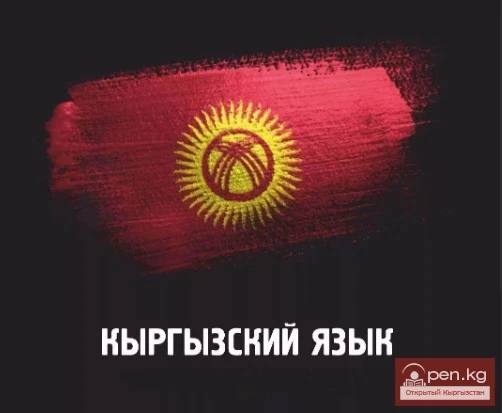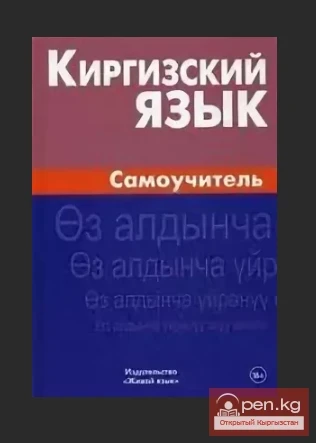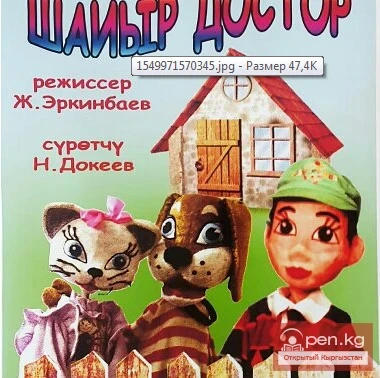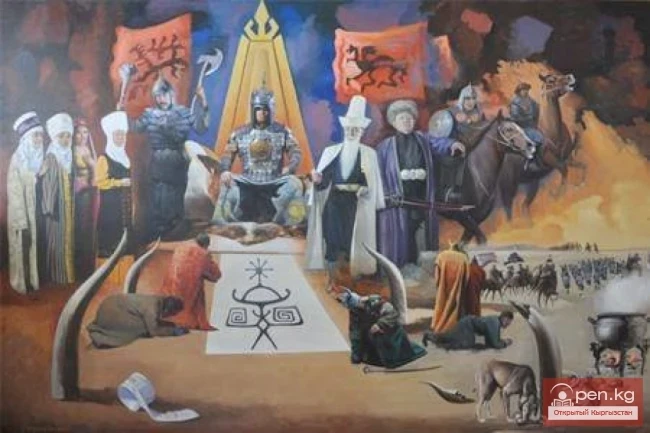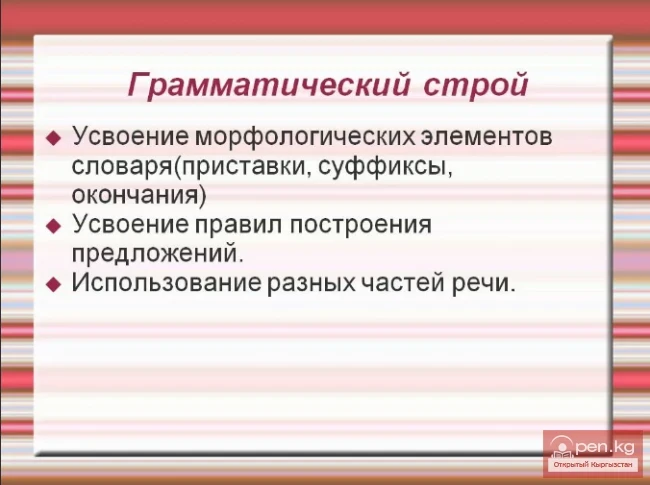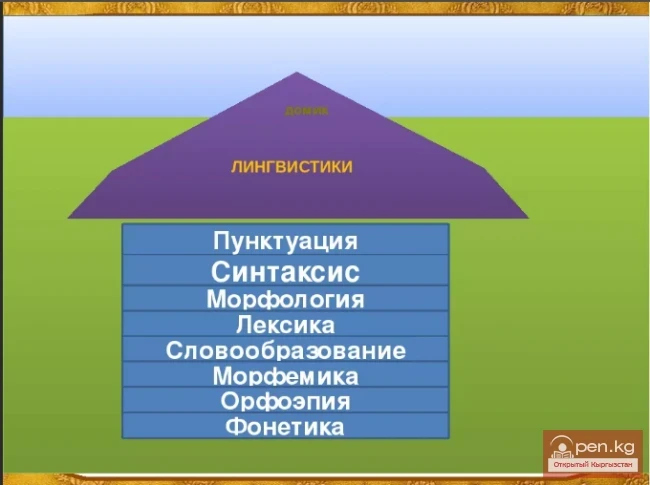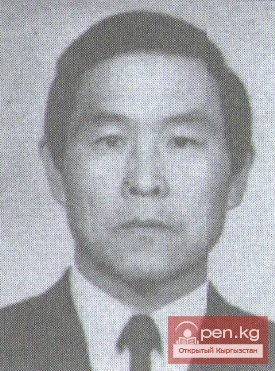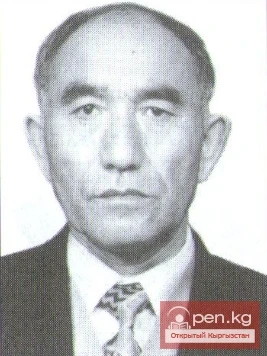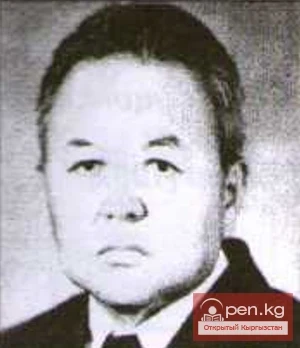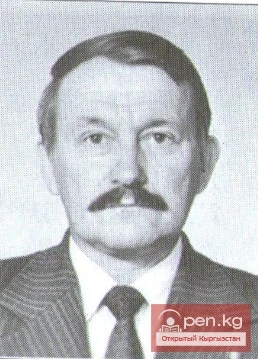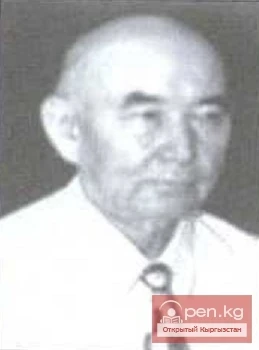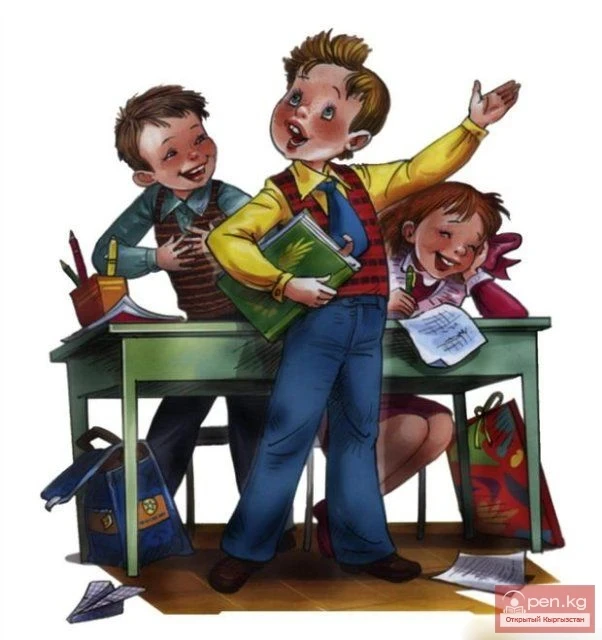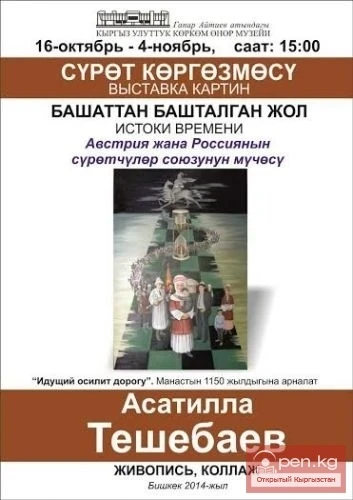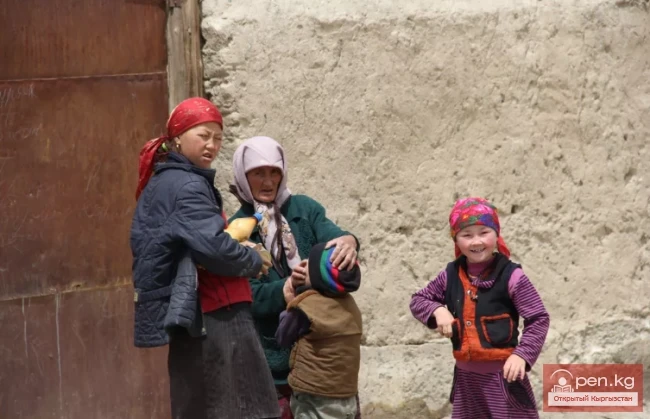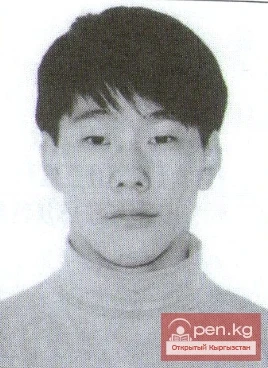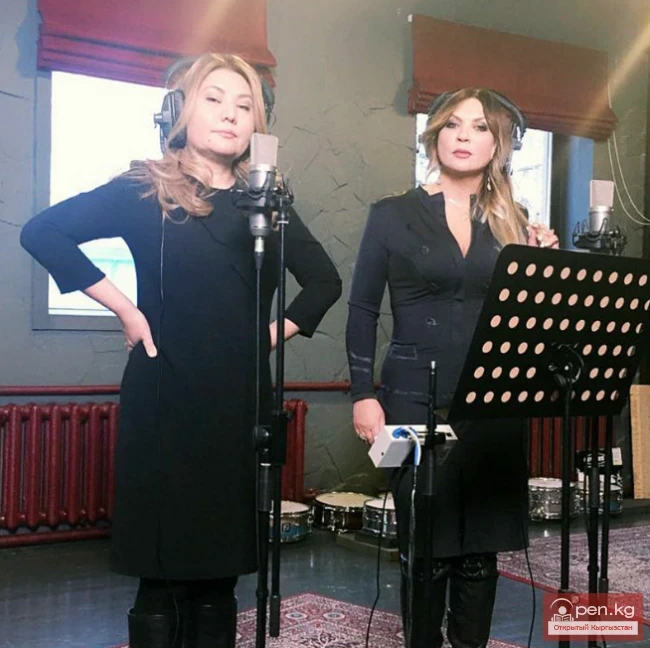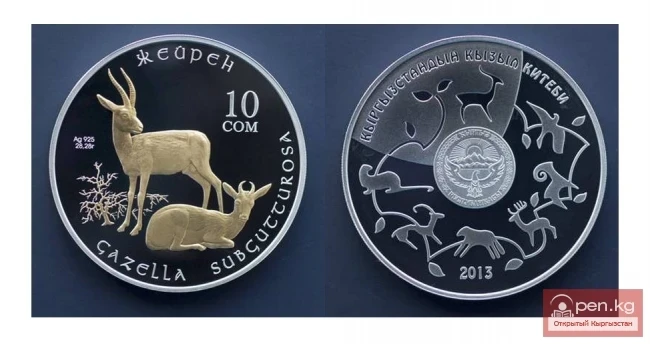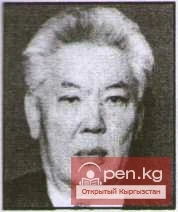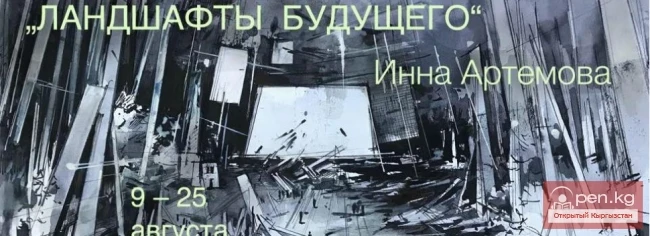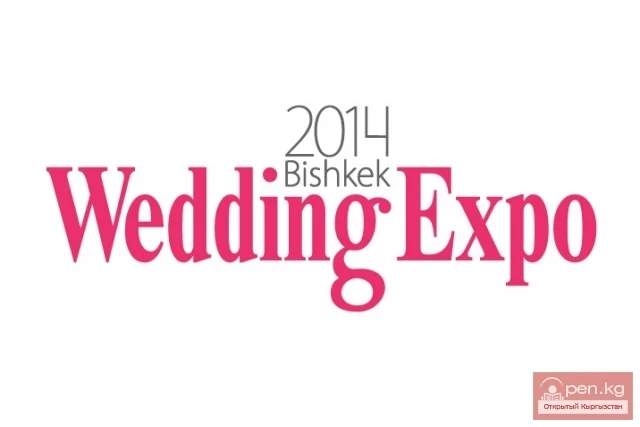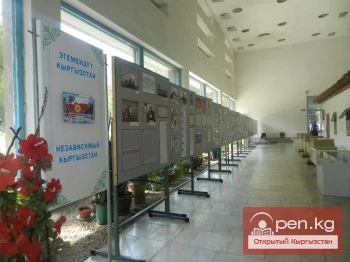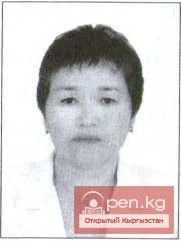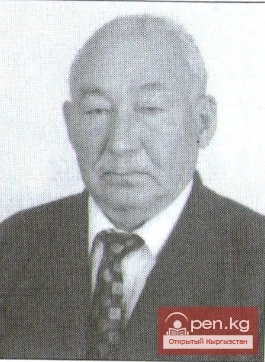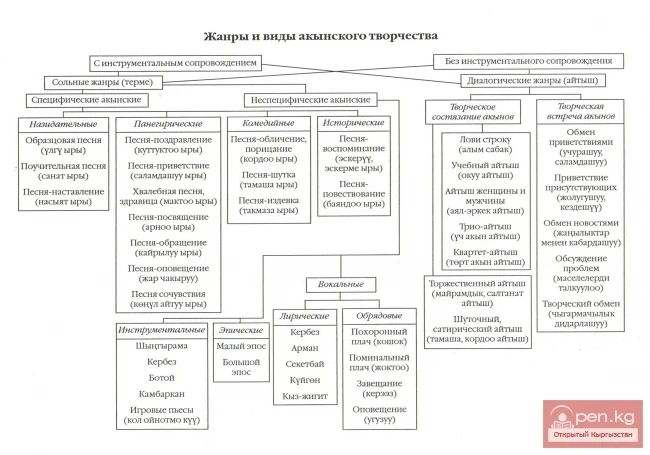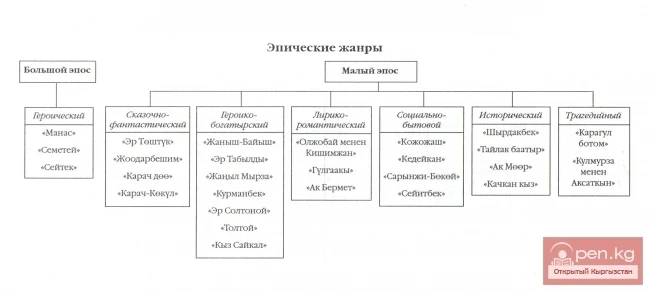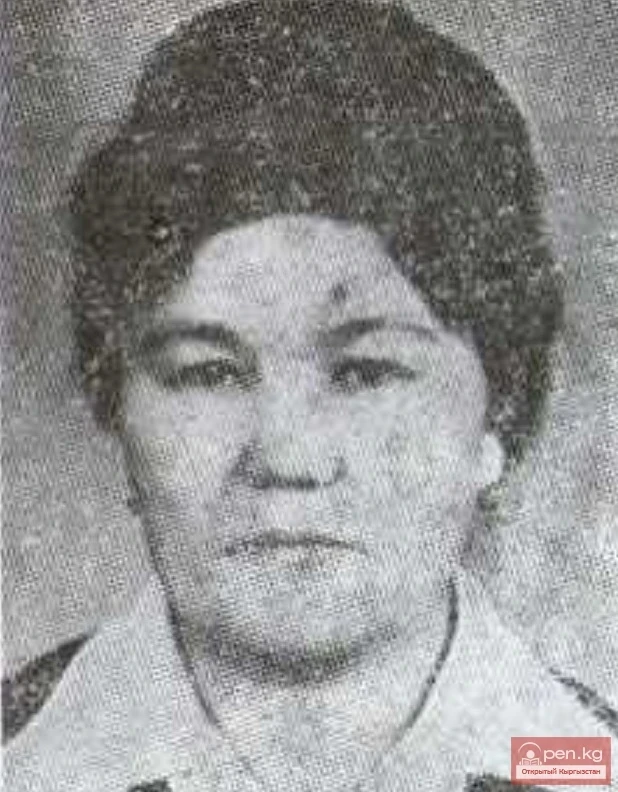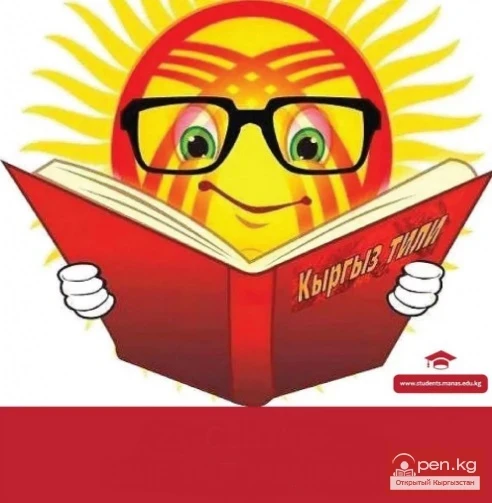
Moods in the Kyrgyz Language
The Kyrgyz language presents the following moods: imperative, conditional, indicative, desiderative, and intentional. The imperative mood is represented by the 2nd person singular form with a zero marker (жаз - write, тур - stand up, иште - work), to which the affixes of the 2nd and 3rd persons of both numbers are added –гын/кын, -ныз/ыныз, -ыныздар/-иныздар, -гыла/кыла, -ш+сын/ыш+сын.
Conjugation of the verb иште "to work" in the imperative mood

The negative form of the imperative mood is formed by adding the negation affix -ба/-па to the verb stem in accordance with the law of vowel harmony (жаз - write, жаз+ба - do not write, жаз+ба+гыла - do not write (plural); ойно - play, ойно+бо - do not play; бер - give, бербе - do not give, бер+бе+низдер - polite form, plural; кул - laugh, кулбе - do not laugh; сат+ыш+па+сын - let them not sell).
In the indicative mood, the following tense forms are presented: present tense, future tense, and past tense. Each of these tenses has its own varieties. Two forms of the present tense are distinguished: present-future (simple) and present tense of the current moment (compound). The present tense of the current moment or actual present tense is formed with the help of auxiliary verbs жат - "to lie", тур - "to stand", отур - "to sit", жур - "to walk", which, having lost their lexical meaning, perform grammatical functions as indicators of the present tense (жазып жатат - is writing, окуп отурат - is reading, иштеп журёт - is working). The present-future (simple) tense indicates an action that occurs day by day: иштейм "I work", окуйм "I study". The verb forms иштейм, окуйм are grammatically structured in the future tense.
The future tense is expressed by forms of definite future tense (simple and compound) and indefinite future tense. The definite future tense (simple) is formed by adding personal endings to the gerund ending in -а, -й (бар-а-мын - I will go, бар-а-сын - you will go, бар-а-т - he/she will go; ойно-й-буз - we will play).
The negative form is formed by adding the affix -ба/-па to the verb stem (бар-ба-й-мын - I will not go, ойно-бо-й-буз - we will not play, тёк-пё-й-мун - I will not spill). The future compound tense: affixes -ганы/-каны + auxiliary verbs жат, тур, отур, жур with predicate affixes: айт+каны жатат - is about to say, секир+гени турат - is about to jump. The affixes of the indefinite future (hypothetical) tense are -ар, -р: бил-ер - may know, жаса-р - may do.
The past tense is expressed by the following forms: definite past, indefinite past, subjective past (unexpected), and past continuous or repetitive. The definite past tense is formed by adding the affix -ды/-ты to the verb stem (the verb in the imperative mood singular) + predicate affixes (кер+ду+м "I saw", кач+ты+к "we ran"), in the 3rd person plural, the joint case affix -ш/-ыш is added to the verb stem + predicate affixes (кер+уш+ту "they saw", кач+ыш+ты "they ran"). The negative form is formed by adding the negation affix -ба/па to the verb stem: кер+бе+ду+м, кач+па+ды+к. The affix of the indefinite past or long-ago past tense is –ган/кан: кер+ген, кач+кан. In the 3rd person plural, the joint case affix -ш/-ыш is placed between the verb stem and the predicate affix: кер+уш+кен, кач+ыш+кан. The negative form is formed using the affix -ба/па: кер+бе+ген, кач+па+ган, as well as with the negative words жок, эмес: кер+ген эмес, кач+кан жок.
The affixes of the subjective past (unexpected) tense are -ып, -ыптыр: кер+уптур (it turns out he saw), кач+ыптыр (he, it turns out, ran away). The negative form: кер+бе+птур, кач+па+птыр. The past continuous (repetitive) tense is formed by adding the affix –чу/чу: кер+чу+мун (I often saw). In the 3rd person plural, the joint case affix -ш/-ыш is added: кер+уш+чу (they often saw). The negative form is formed by adding the negation эмес: кер+уш+чу эмес.
The conditional mood is formed by the affix -са with variants of personal affixes: кер+се+м (if I see).
The negative form: кер+бе+се+м (if I do not see).
The desiderative mood: -айын, -йын, -алы, -аилы (кер+ейун "I will look", жаса+йын (I will do), тур+алы (let's stand), as well as the affixes -гай, -гы with the addition of the words эле (still), келет (want): ырда+гы+м келет (I want to sing), кун жаба+гай эле (as long as there is no rain). In the negative form, -ба/-па is added to the word келет: ырда+гы+м келбейт (I do not want to sing).
The affixes of the intentional mood are: -мак, макчы (ырда+мак+мын "I intend to sing", бер+мекчи+мин "I intend to give").
The past participle is formed by adding the affix –ган/кан to the verb stem: бил+ген адам "knowledgeable person". In complex constructions, the affix –ган/кан is added to the auxiliary verb (окуп жат+кан адам (reading person)). The future participle is formed by the affix -ар/-р: ырда+р (singing), тарт+ар (I will draw). The negative form affix is -бас: ырда+бас, тарт+пас.
The gerund is represented by the affixes -ы«, -а(м), -ганы, -гыча, -майынча; жатта+п (having learned), ойлон+о (having thought), жет+киче (while reaching, having reached), жа-са+майынча (until it does). The negative form affix of the gerund is -бай; жатта+бай (not having learned), ойлон+бой (without thinking, not having thought), жет+пей (not having reached), жаса+бай (not having done), жалкоолон+бой (without being lazy). In the Kyrgyz language, adverbs have the same structural and lexical-semantic categories as in other Turkic languages. The main ways of forming adverbs are morphological and syntactic. The affixes of derived adverbs are: -ча (кыргыз+ча - in Kyrgyz), -лай /-дай (кыш+тай - all winter, in winter), -лап/-леп (жыл+дап - for years) and others. Complex adverbs are formed by compounding (бугун (today) - бул (this), кун (day)), repetition (тез-тез - quickly-quickly, кундён кунгё - from day to day), and combining antonyms (ары-бери - back and forth, онго-солго - left and right).
Functional parts of speech. In the Kyrgyz language, the functions of prepositions are performed by postpositions. The most commonly used postpositions are: алды - in front of, асты - under, усту - above, ичи - in, inside, арасы - between, жанында - near, around, мандайында - opposite, артында - behind, учун — for, женундё - about, regarding, сыяктуу - like, and others.
Conjunctions in the Kyrgyz language are divided into coordinating and subordinating. Coordinating conjunctions: copulative (жана - and, жана дагы - and also, дагы - also, да - too, менен - with, together), adversative (бирок - but, ошондой болсо да - although, ошондо дагы - even then, антсе да - nevertheless), disjunctive (же - or, же болбосо - either).
Subordinating conjunctions: causal (себеби - because, ошондуктан — due to this, анткени - since, ошол учун - therefore, ошол себептуу - for this reason), conditional (эгер, эгерде - if), comparative (канчалык-ошончолук - as much as, кандай-ошондой - as such).
Modal words in the Kyrgyz language can express affirmation (ырас - indeed, албетте - certainly, сёзсуз - necessarily), assumption (мумкун - may be, балким - possibly, кыязы - apparently), obligation (тийиш - must be, керек - necessary).
In the Kyrgyz language, there are the following categories of particles: interrogative (ээ? - yes?, ыя? - what?, а?), restrictive (гана - only, эле - just), affirmative (роба - yes, нак - exactly, дал - precisely), negative (эч - no, эмес - not, жок - no, такыр - not at all), intensifying (абдан - very, эн - most, отё - excessively, extremely, эбегейсиз - excessively), presumptive (го - apparently, бе им - possibly, имиш - it seems).
My Webpage
History of the Kyrgyz literary language
Ancient manuscript tradition in Kyrgyzstan
